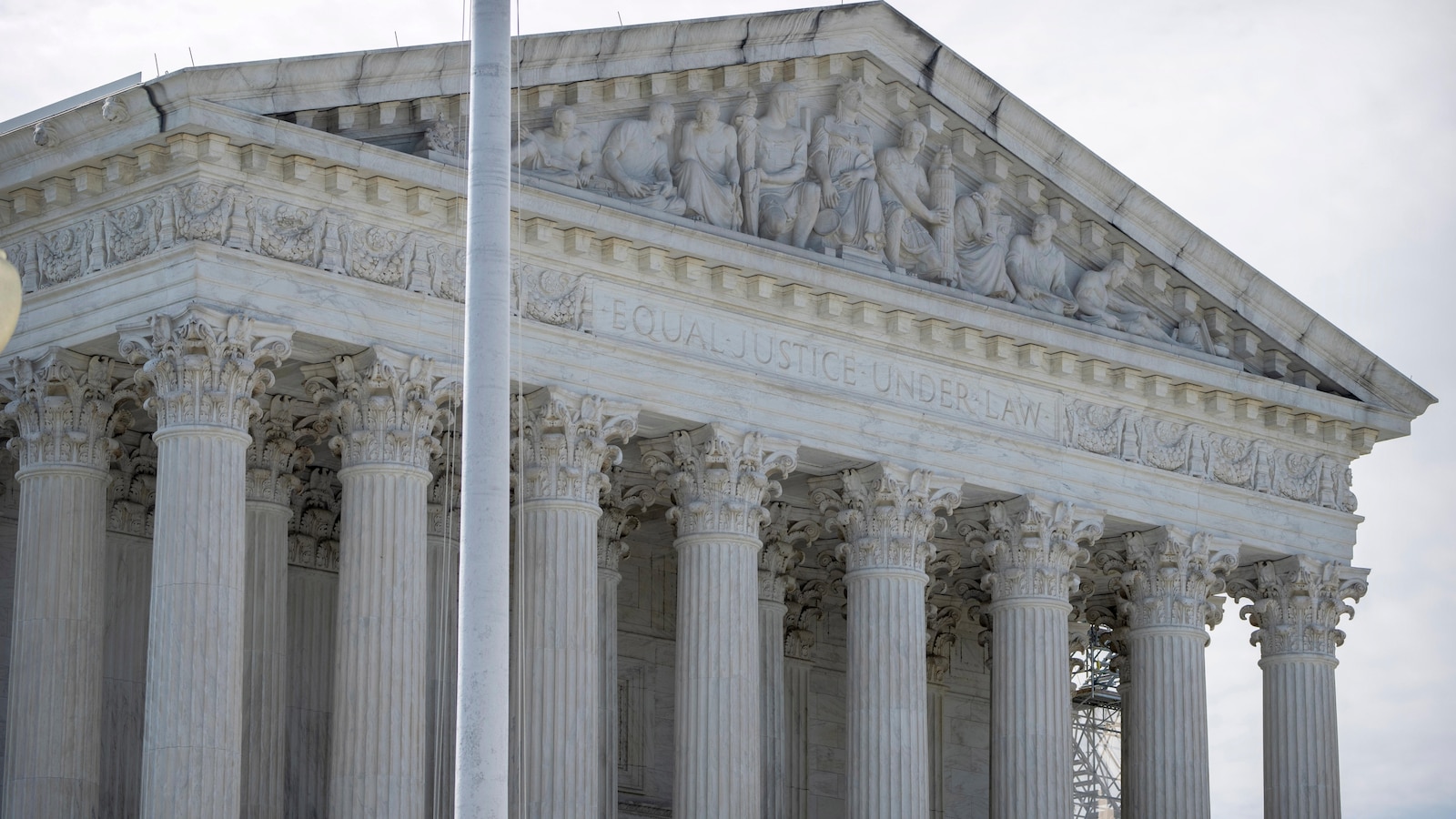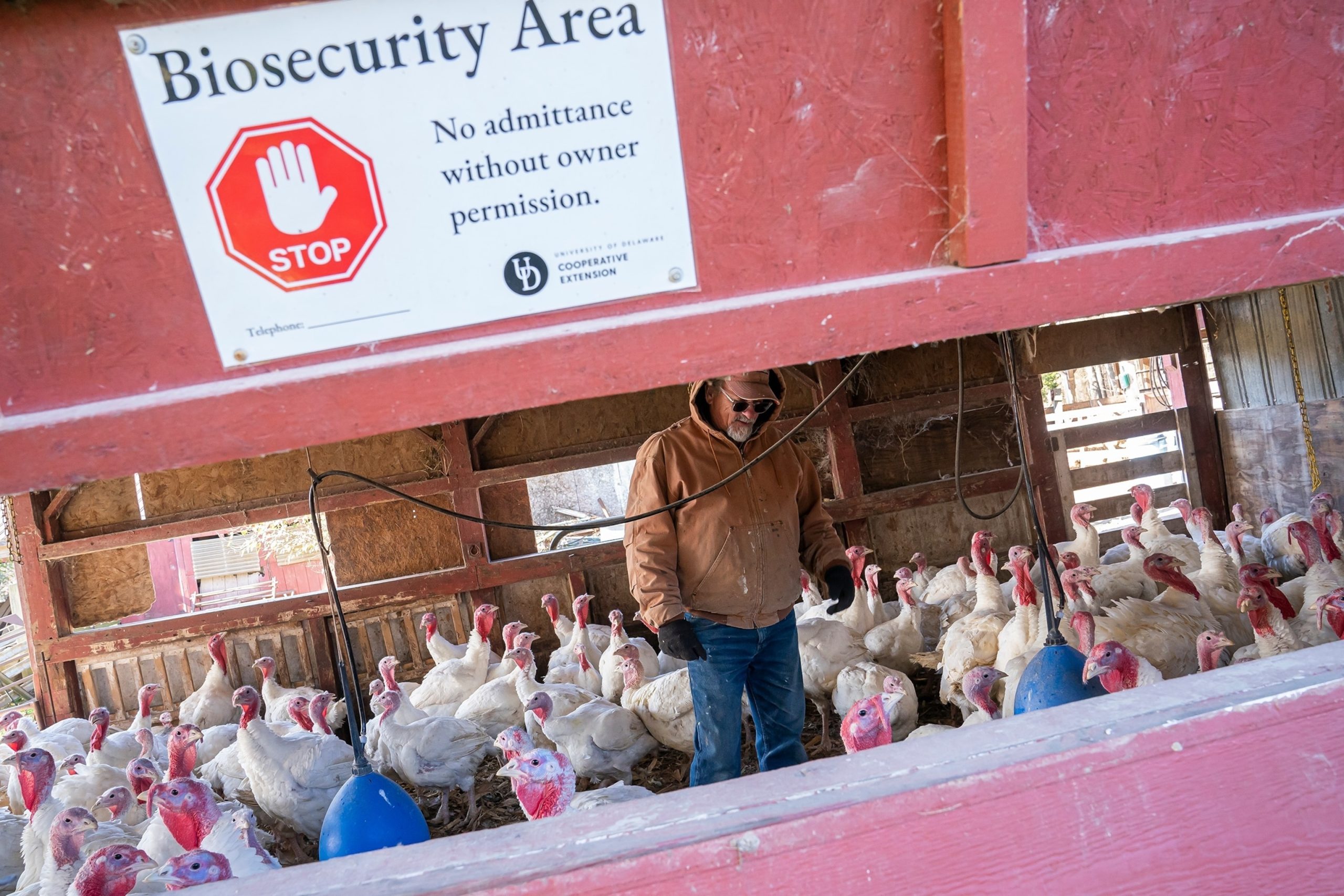
WASHINGTON — WASHINGTON (AP) — The Supreme Court on Monday let stand a decision barring emergency abortions that violate the law in Texas, which has one of the country’s strictest abortion bans.
The justices did not detail their reasoning for keeping in place a lower court order that said hospitals cannot be required to provide pregnancy terminations if they would break Texas law. There were no publicly noted dissents.
The decision comes weeks before a presidential election where abortion has been a key issue after the high court’s 2022 decision overturning the nationwide right to abortion.
The justices rebuffed a Biden administration push to throw out the lower court order. The administration argues that under federal law hospitals must perform abortions if needed in cases where a pregnant patient’s health or life is at serious risk, even in states where it’s banned.
Complaints of pregnant women in medical distress being turned away from emergency rooms in Texas and elsewhere have spiked as hospitals grapple with whether standard care could violate strict state laws against abortion.
The administration pointed to the Supreme Court’s action in a similar case from Idaho earlier this year in which the justices narrowly allowed emergency abortions to resume while a lawsuit continues.
Texas, on the other hand, asked the justices to leave the order in place. Texas said its case is different from Idaho because Texas does have an exception for cases with serious risks to the health of a pregnant patient. At the time the Idaho case began, the state had an exception for the life of a woman but not her health.
Texas pointed to a state supreme court ruling that said doctors do not have to wait until a woman’s life is in immediate danger to provide an abortion legally.
Doctors, though, have said the Texas law is dangerously vague, and a medical board has refused to list all the conditions that qualify for an exception.
Pregnancy terminations have long been part of medical treatment for patients with serious complications, as way to to prevent sepsis, organ failure and other major problems. But in Texas and other states with strict abortion bans, doctors and hospitals have said it is not clear whether those terminations could run afoul of abortion bans that carry the possibility of prison time.
The Texas case started after the Supreme Court overturned Roe v. Wade in 2022, leading to abortion restrictions in many Republican-controlled states. The Biden administration issued guidance saying hospitals still needed to provide abortions in emergency situations under a health care law that requires most hospitals to treat any patients in medical distress.
Texas sued over that guidance, arguing that hospitals cannot be required to provide abortions that would violate its ban. The 5th U.S. Circuit Court of Appeals sided with the state, ruling in January that the administration had overstepped its authority.
The Supreme Court recently made a decision to reject the Biden administration’s appeal in a Texas emergency abortion case, sparking controversy and debate among politicians, activists, and the general public. The case in question involves a controversial Texas law known as SB8, which bans abortions after six weeks of pregnancy, before many women even realize they are pregnant.
The Biden administration had filed an emergency appeal with the Supreme Court in an effort to block the enforcement of the Texas law, arguing that it violates the constitutional right to abortion established in the landmark Roe v. Wade decision. However, the Supreme Court’s decision to reject the appeal means that the Texas law will remain in effect for the time being.
The Texas law has faced widespread criticism from pro-choice advocates, who argue that it effectively bans most abortions in the state and places an undue burden on women seeking to exercise their reproductive rights. The law also includes a controversial provision that allows private citizens to sue anyone who aids or abets an abortion after six weeks, including doctors, nurses, and even family members.
Supporters of the Texas law, on the other hand, argue that it is necessary to protect the rights of unborn children and prevent what they see as the taking of innocent lives. They believe that abortion should be restricted or banned altogether, and that the Texas law is a step in the right direction.
The Supreme Court’s decision to reject the Biden administration’s appeal has raised concerns among pro-choice advocates about the future of abortion rights in the United States. Many fear that the conservative majority on the Court could use cases like this one to chip away at or even overturn Roe v. Wade, potentially leading to a nationwide ban on abortion.
In response to the Supreme Court’s decision, President Biden issued a statement expressing his disappointment and vowing to continue fighting for reproductive rights. He called on Congress to pass legislation protecting abortion rights and promised to appoint judges who will uphold Roe v. Wade.
Overall, the Supreme Court’s rejection of the Biden administration’s appeal in the Texas emergency abortion case has reignited the debate over abortion rights in America. As the legal battle continues to unfold, it is clear that this issue will remain a hot-button topic for years to come.


